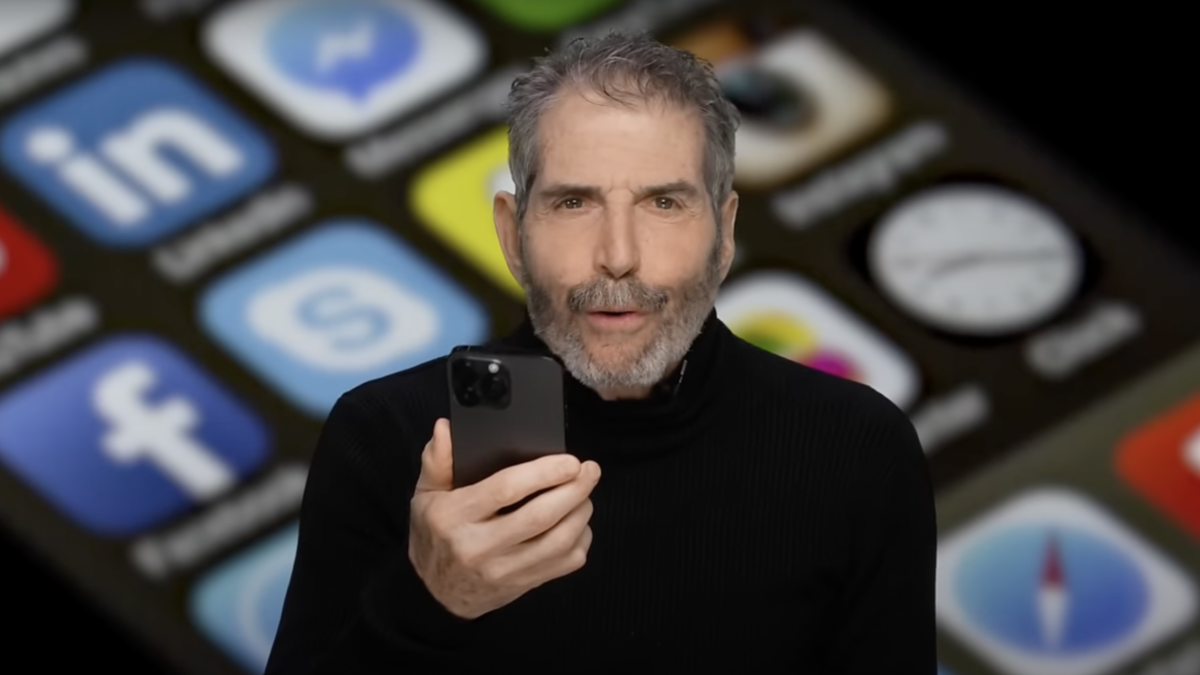Elon Musk’s SuperPAC Is Misleading (Some) Voters Into Thinking They Registered To Vote; Collecting Tons Of Data
If you’re a swing state voter who thought AmericaPAC was helping you register to vote, think again. The Elon Musk-backed SuperPAC seems more interested in your personal info than your civic participation. It appears to be misleading visitors in order to collect all sorts of data, specifically on swing state voters, according to an incredible CNBC report.
I tend to think that the discourse around all three of the following things is overblown: the impact of SuperPACs on elections, concerns about “dark patterns,” and how much the owner of a social media platform can influence an election. But Elon Musk sure seems to be working overtime to change my mind on all three things.
Remember how Musk took over Twitter because he thought its leadership was managing the company in too political a manner? Indeed, while he was in the process of trying to buy the site, one of the things he said is that the site needed to be “politically neutral” to “deserve public trust.”

Since taking over Twitter, renaming it to X, and reinstating the worst people in the world, Elon continues to fall deeper and deeper into MAGA-fueled fantasyland, leading to his official endorsement of Donald Trump and turning ExTwitter into an all-day, every-day promotional campaign for the former President.
Around the same time that he endorsed Trump, it was announced that Musk would be donating to a SuperPAC that was created to support Trump. Some of the details have been disputed, but Musk admits he created a SuperPAC to support Trump.
“Now what I have done is that I have created a Pac or Super Pac or whatever you want to call it,” he said. “It is called the America Pac.”
Now, the whole thing with SuperPACs is that they’re supposed to be independent from the campaign. This is a convenient lie for everyone, so it’s rarely enforced. But, earlier this year, the Federal Election Commission said that the independence is really only around advertising. It said they can coordinate on canvassing.
That’s a very big deal, because these days canvassing and “get out the vote” campaigns appear to be the keys to winning elections.
And that brings us to the CNBC article, which notes that AmericaPAC has been running sketchy ads that then push users to a site where it claims it will help register them to vote. But how it handles users depends on where they live:
The website says it will help the viewer register to vote. But once a user clicks “Register to Vote,” the experience he or she will have can be very different, depending on where they live.
If a user lives in a state that is not considered competitive in the presidential election, like California or Wyoming for example, they’ll be prompted to enter their email addresses and ZIP code and then directed quickly to a voter registration page for their state, or back to the original sign-up section.
But for users who enter a ZIP code that indicates they live in a battleground state, like Pennsylvania or Georgia, the process is very different.
Rather than be directed to their state’s voter registration page, they instead are directed to a highly detailed personal information form, prompted to enter their address, cellphone number and age.
If they agree to submit all that, the system still does not steer them to a voter registration page. Instead, it shows them a “thank you” page.
So that person who wanted help registering to vote? In the end, they got no help at all registering. But they did hand over priceless personal data to a political operation.
This is… not normal. Yes, political campaigns do all sorts of things to collect data on potential voters, but that’s not supposed to involve actively misleading them. And targeting the enhanced data collection in swing states suggests that the PAC could seek to focus on activating likely Trump voters, while decreasing turnout of likely Harris voters.
Now, I’ve pointed out before that people freak out too much over claims of everything being “election interference,” but it kinda does seem that collecting a ton of personal data on someone, telling them that you’re helping to register them to vote, and then not actually registering them to vote… is a form of fraud, doesn’t it?
The report notes that people who end up on this page are not given any indication that the site they’re on is designed to support Trump. Instead, it’s made to look like a generic form to help you register to vote.
The PAC’s website offers no indication one way or another what the group’s political leaning is. But in its federal filings, the group discloses that all of its work is designed to either help Trump or hurt his opponent.
When you put all of this together, it’s fairly concerning. The PAC is not upfront with visitors, and then is potentially fraudulently suggesting that it’s helping them register to vote, when it’s actually just collecting a ton of valuable information on people in important swing states (while not actually registering them to vote). Combine that with the fact that the SuperPAC has been engaging in canvassing activities (where it can coordinate with the campaign) and the whole thing seems quite sketchy:
“What makes America PAC more unique: it is a billionaire-backed super PAC focused on door-to-door canvassing, which it can conduct in coordination with a presidential campaign,” Fischer said.
No wonder Elon is so quick to insist that others are engaged in attempts at election interference.


